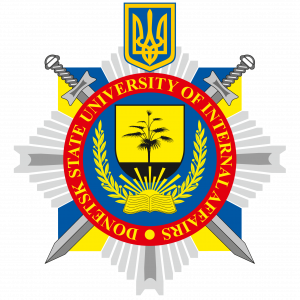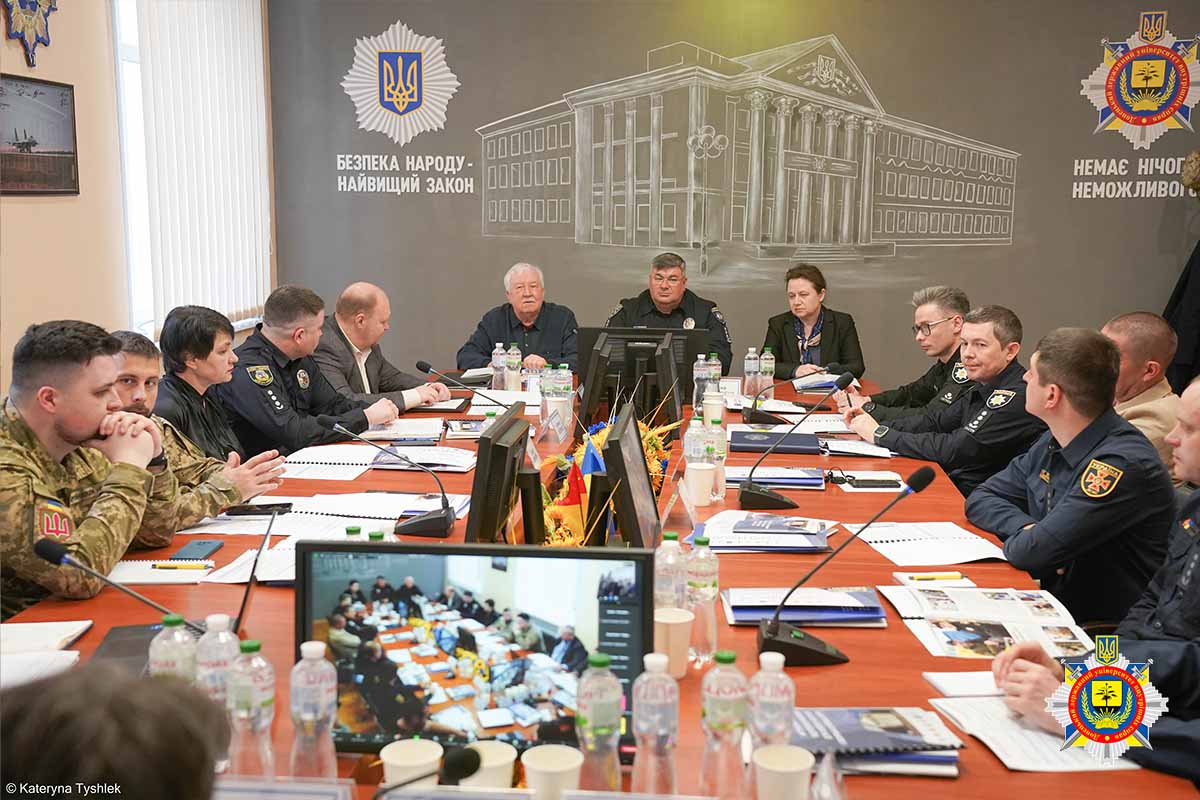On April 19, the Donetsk State University of Internal Affairs held the international scientific and practical conference “Actual issues of training specialists for the security and defense sector in the conditions of war”.
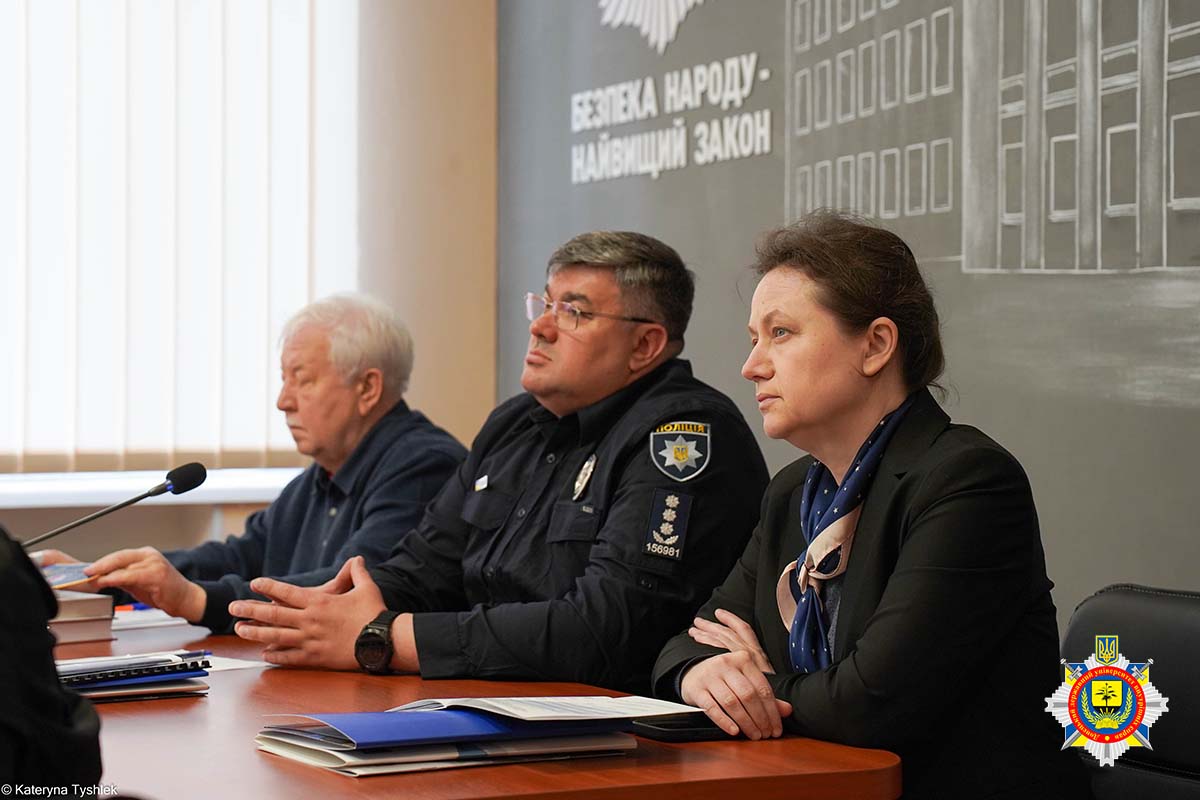
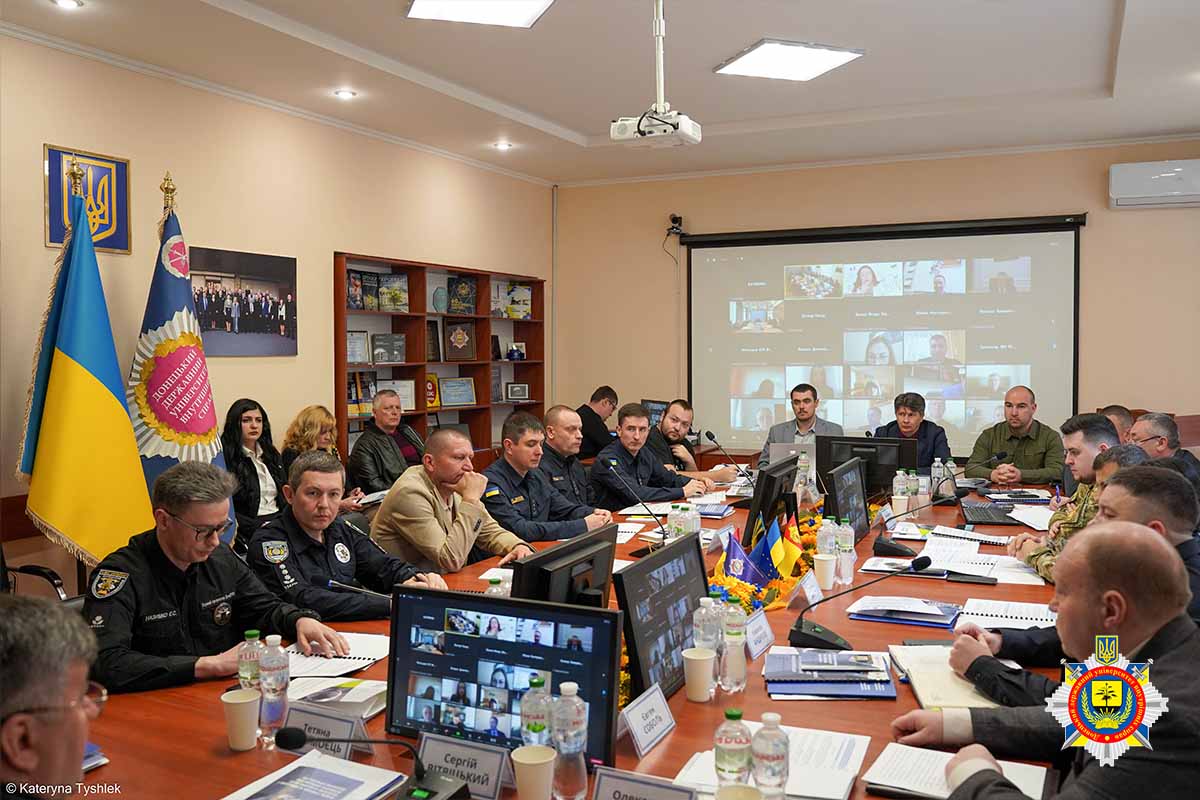
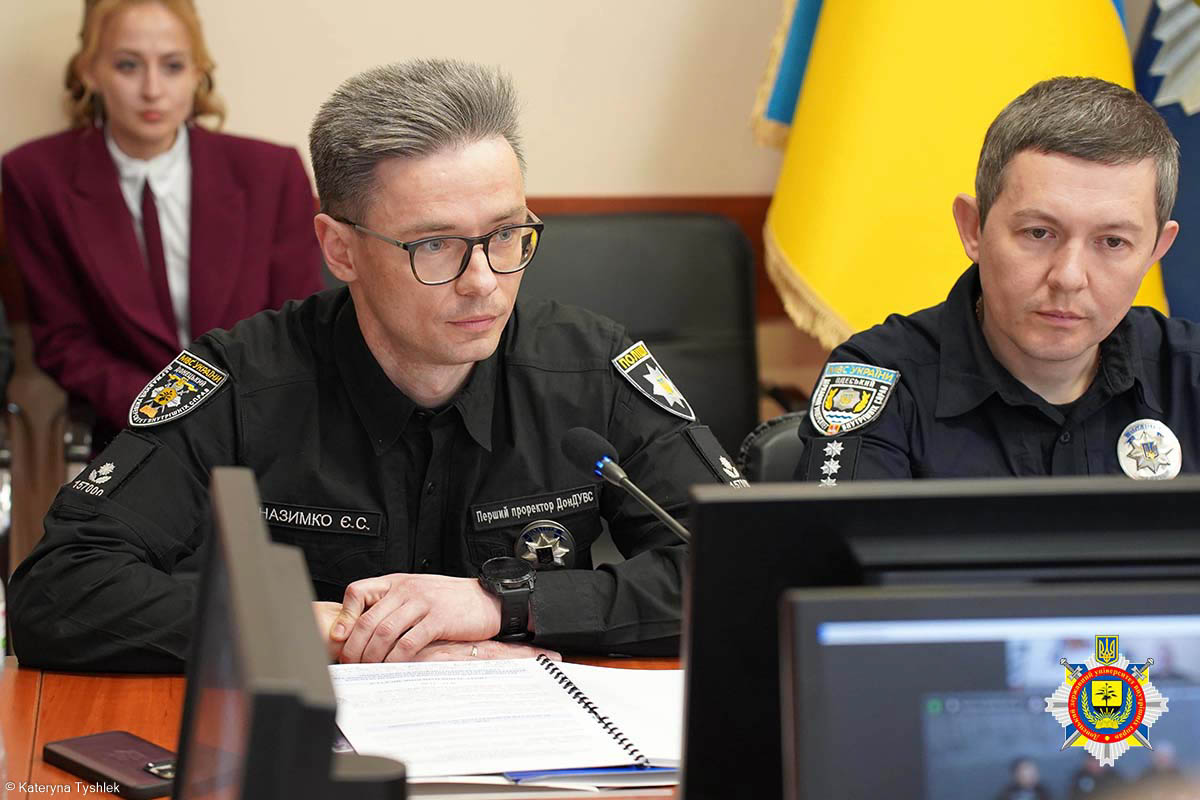 The co-organizers of the event were: the Donetsk State University of Internal Affairs together with the department of education, science and sports of the Ministry of Internal Affairs of Ukraine, the National Police of Ukraine, the National University of Law named after Yaroslav the Wise, the faculty of law of the Zaporizhzhia National University, the Consultative Mission of the European Union, the Ukrainian section of the International Police Association, the Center of Ukrainian – European scientific cooperation.
The co-organizers of the event were: the Donetsk State University of Internal Affairs together with the department of education, science and sports of the Ministry of Internal Affairs of Ukraine, the National Police of Ukraine, the National University of Law named after Yaroslav the Wise, the faculty of law of the Zaporizhzhia National University, the Consultative Mission of the European Union, the Ukrainian section of the International Police Association, the Center of Ukrainian – European scientific cooperation.
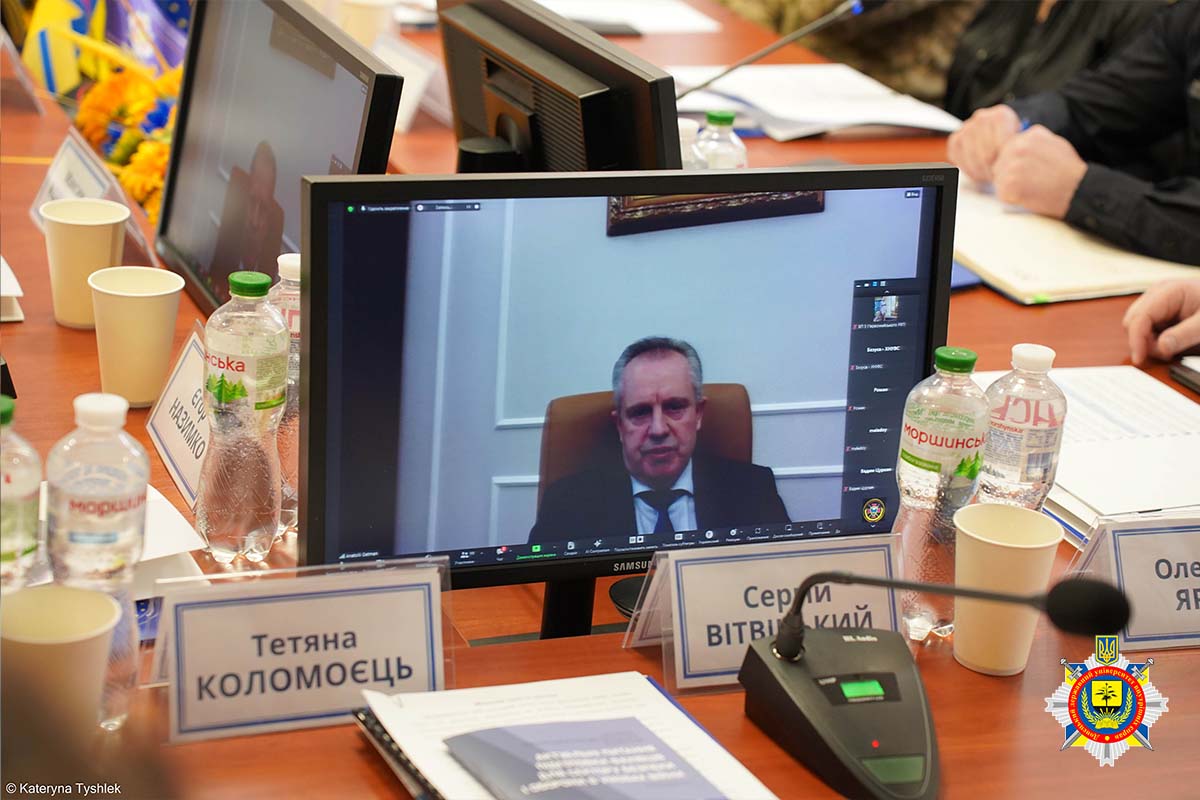
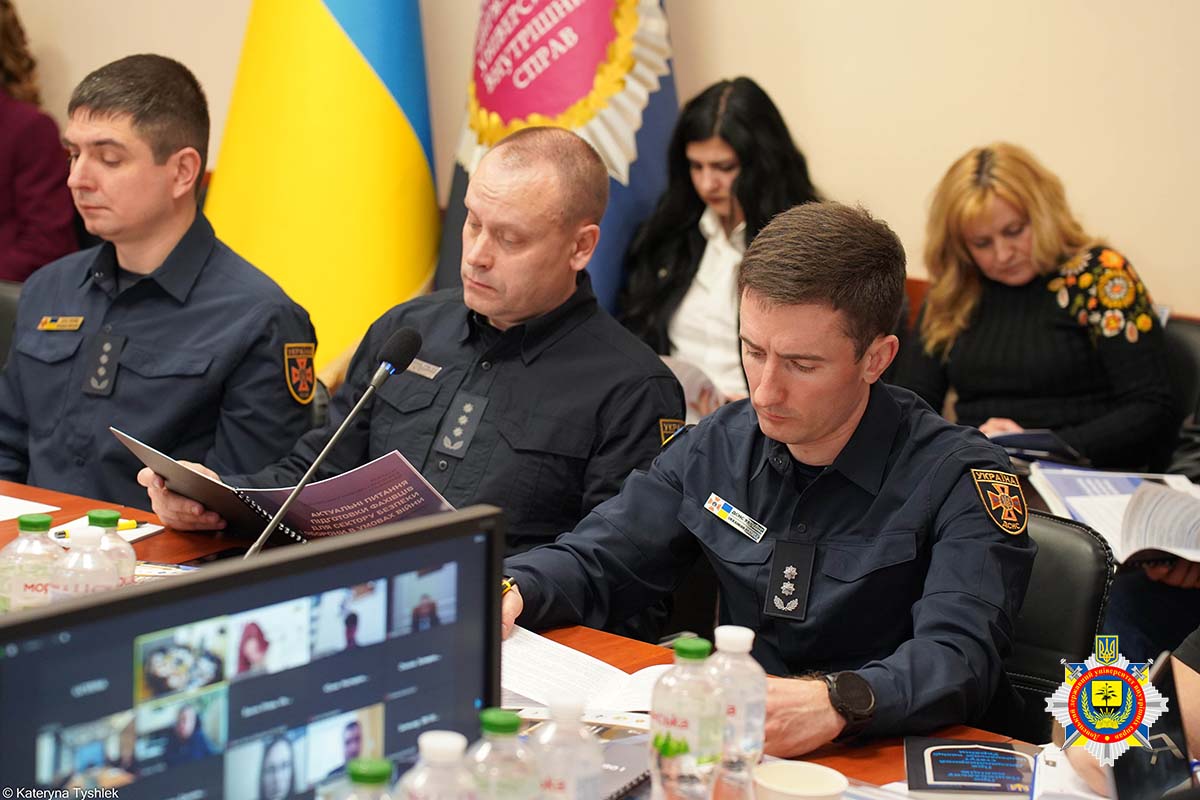 The event was opened by rector of the DonSUIA, police colonel Serhii Vitvitskyi: “The heroic resistance of the Ukrainian people to a full-scale Russian military aggression has been going on for the third year. The war affected all spheres of social relations, changed the activities of all public administration bodies, and first and foremost – law enforcement bodies, the most numerous of which is the National Police of Ukraine. The present scientific event is being held to study topical issues of training specialists for the security and defense sector in the war conditions, to discuss the effectiveness of applying its modern forms and methods, to generalize the results of theoretical research and the gained practical experience.”
The event was opened by rector of the DonSUIA, police colonel Serhii Vitvitskyi: “The heroic resistance of the Ukrainian people to a full-scale Russian military aggression has been going on for the third year. The war affected all spheres of social relations, changed the activities of all public administration bodies, and first and foremost – law enforcement bodies, the most numerous of which is the National Police of Ukraine. The present scientific event is being held to study topical issues of training specialists for the security and defense sector in the war conditions, to discuss the effectiveness of applying its modern forms and methods, to generalize the results of theoretical research and the gained practical experience.”
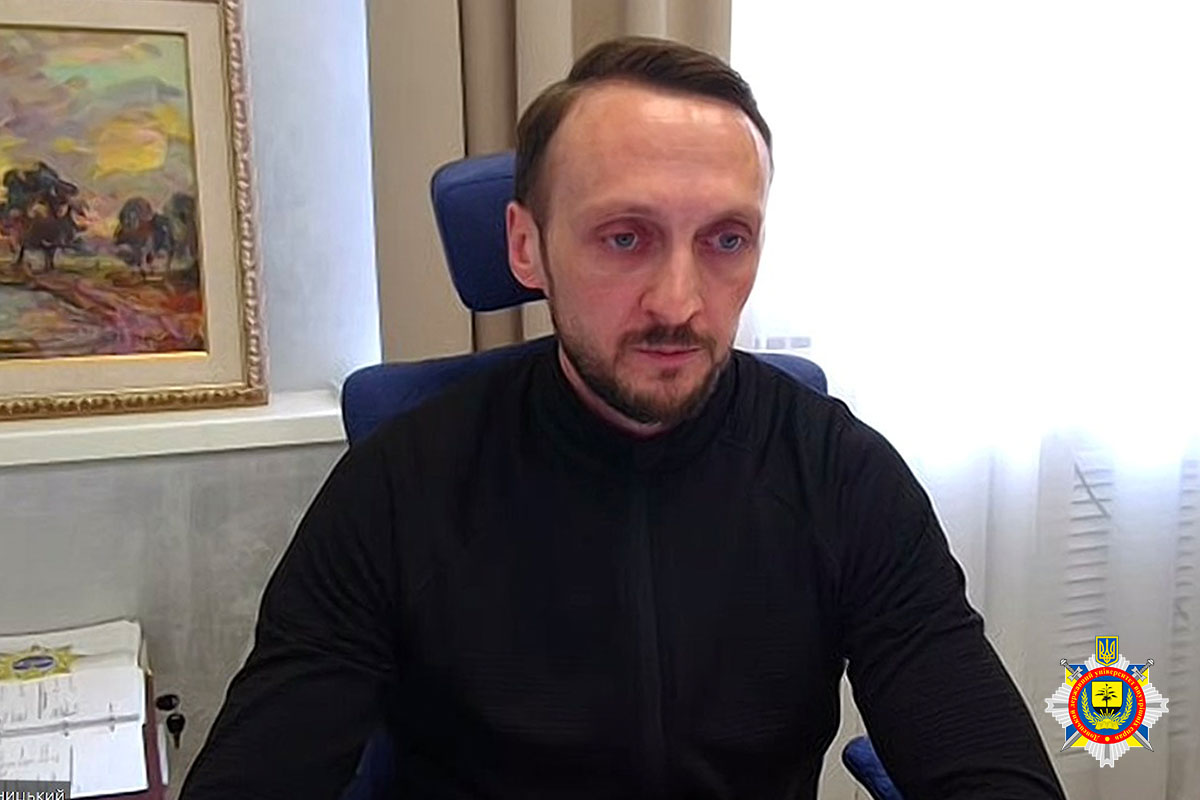 Oleksandr Tarasenko, director of the department of education, science and sports of the Ministry of Internal Affairs, welcomed the participants: “It is very important to discuss the issue of training specialists in higher education institutions with specific learning conditions. Recently, together with rectors of such Universities, we made a working trip to the Donetsk region, Zaporizhzhia, talked with graduates and supervisors of internships – currently we have a lot of challenges. Unfortunately, the frontline regions, live in a different way, there police officers perform completely different functions that were not proper to them before. Therefore, it is necessary to understand the issues of what specific features should be in personnel training: both of policemen, rescuers guardsmen, and border guards. Our future depends on the well-trained personnel.”
Oleksandr Tarasenko, director of the department of education, science and sports of the Ministry of Internal Affairs, welcomed the participants: “It is very important to discuss the issue of training specialists in higher education institutions with specific learning conditions. Recently, together with rectors of such Universities, we made a working trip to the Donetsk region, Zaporizhzhia, talked with graduates and supervisors of internships – currently we have a lot of challenges. Unfortunately, the frontline regions, live in a different way, there police officers perform completely different functions that were not proper to them before. Therefore, it is necessary to understand the issues of what specific features should be in personnel training: both of policemen, rescuers guardsmen, and border guards. Our future depends on the well-trained personnel.”
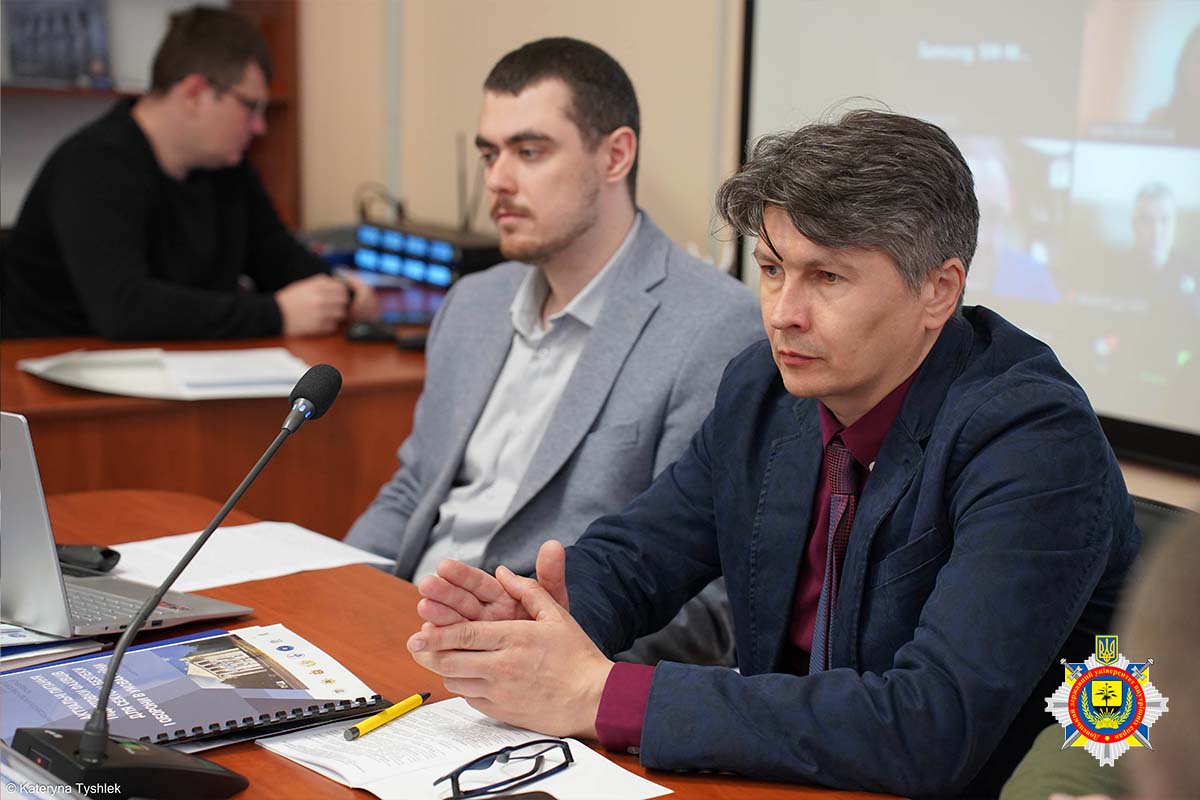
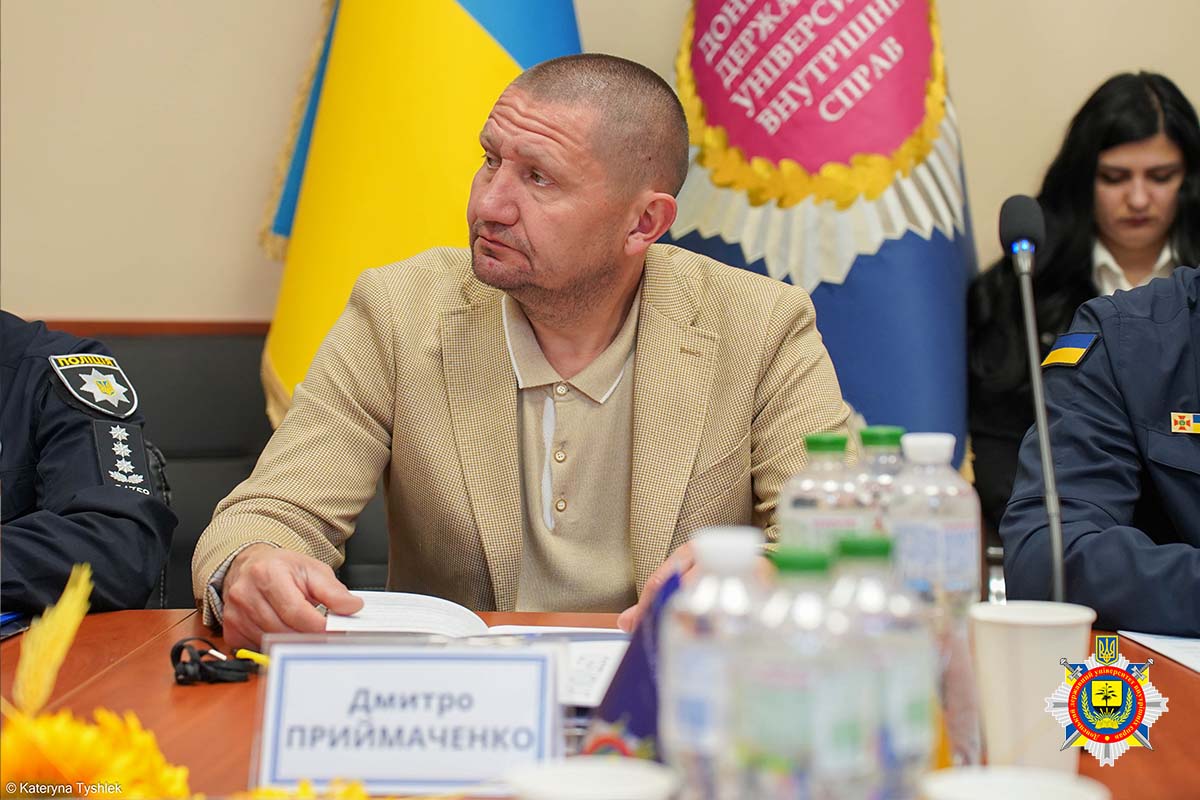
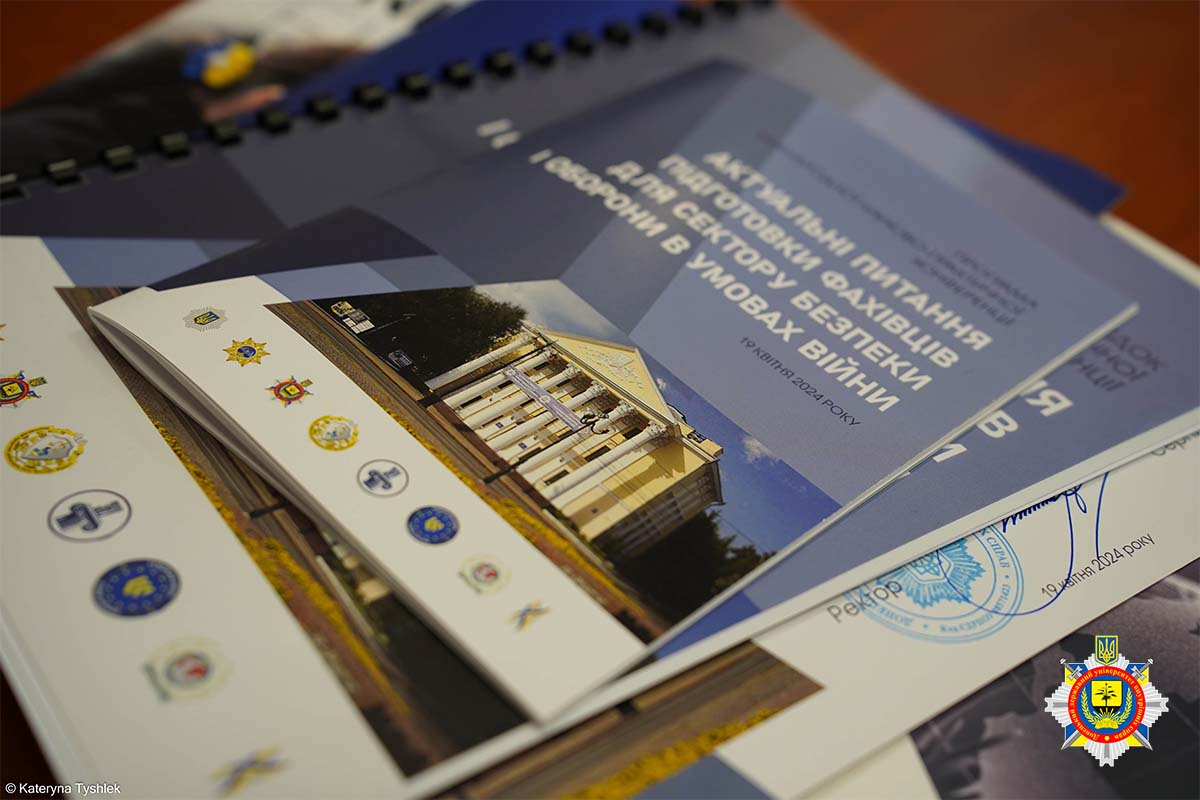 In his welcome speech, rector of the National University of Law named after Yaroslav the Wise, Anatolii Hetman, noted: “Despite the challenges of the current war, the Eurointegration processes taking place in our country require further reform of the national legal system, the formation of the concept of a secure environment considering the challenges of martial law, determine and significantly expand the subject of scientific research in the field of jurisprudence. I hope that close friendly relations between our Universities will also contribute to this.
In his welcome speech, rector of the National University of Law named after Yaroslav the Wise, Anatolii Hetman, noted: “Despite the challenges of the current war, the Eurointegration processes taking place in our country require further reform of the national legal system, the formation of the concept of a secure environment considering the challenges of martial law, determine and significantly expand the subject of scientific research in the field of jurisprudence. I hope that close friendly relations between our Universities will also contribute to this.
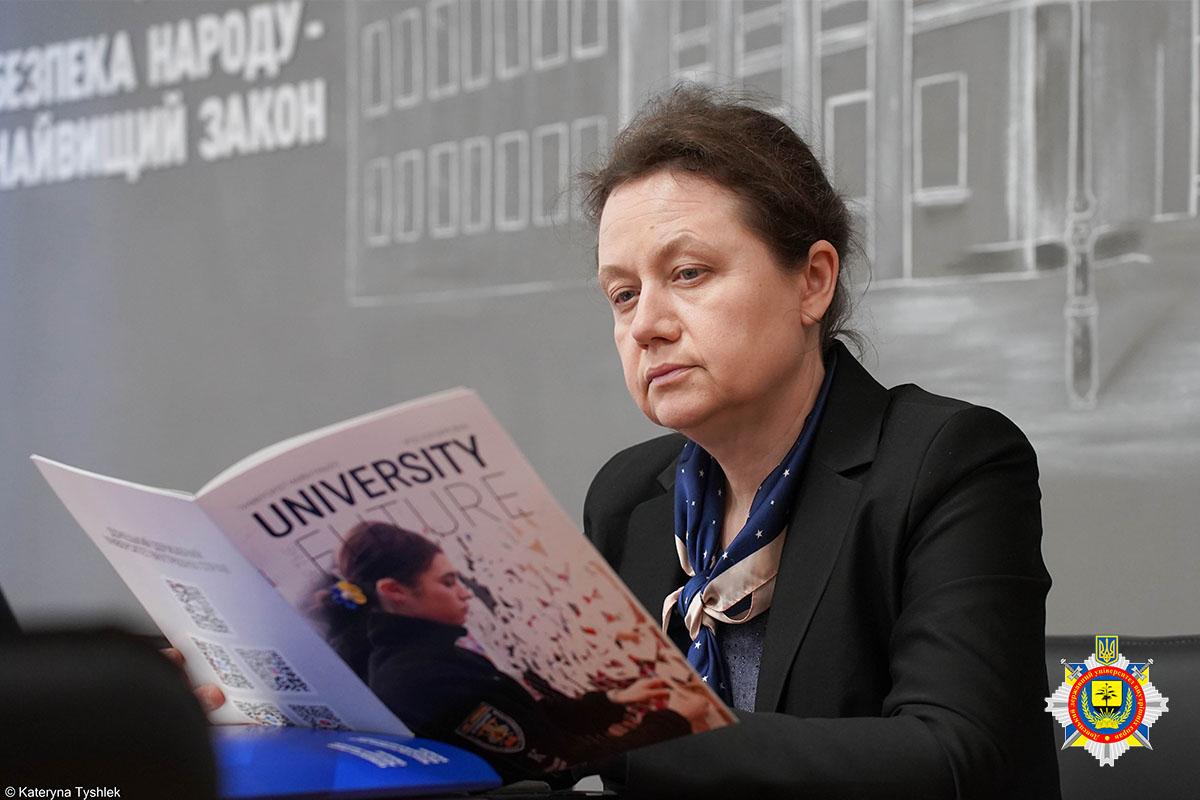
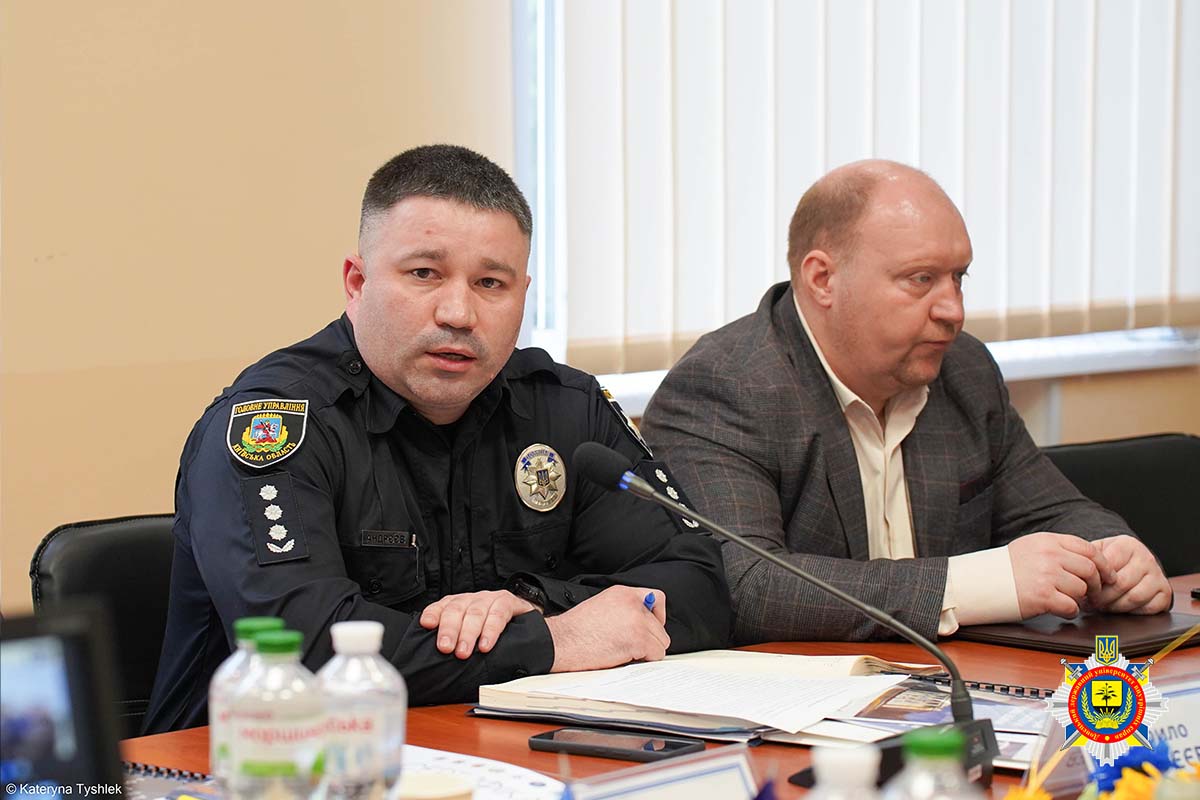
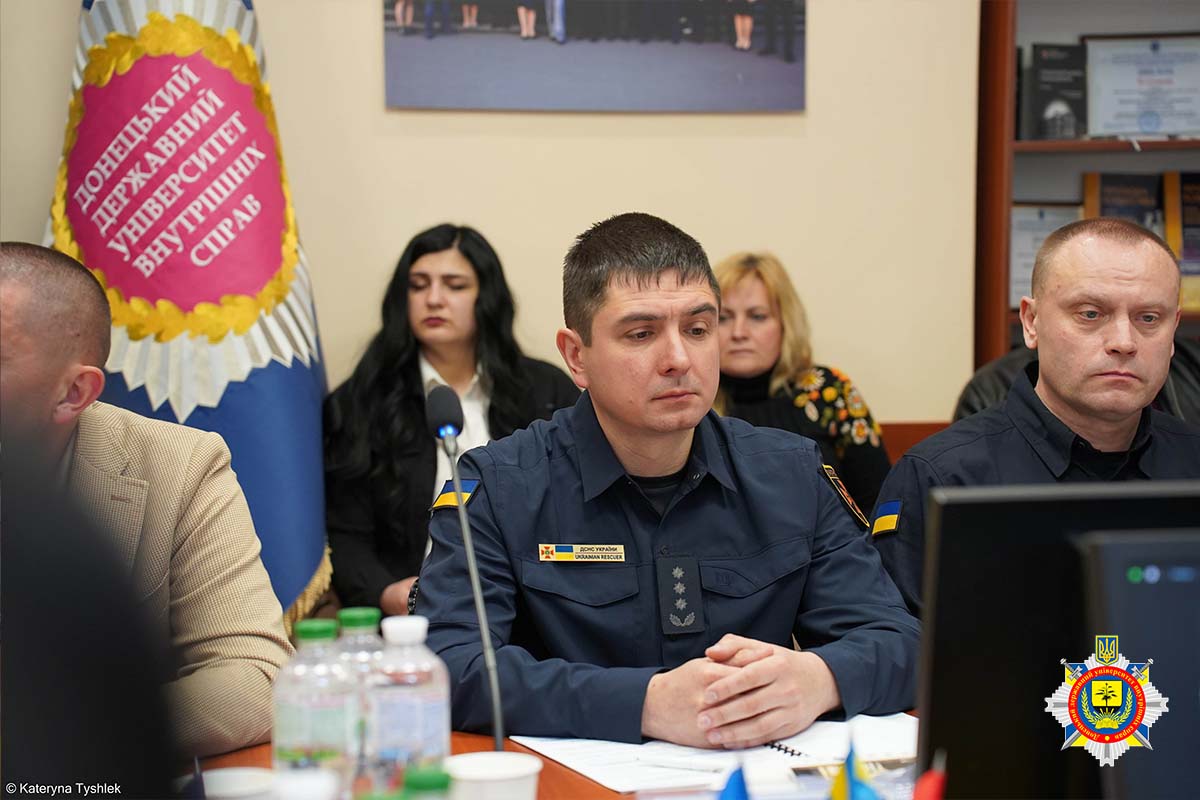 More than 200 scientists from 26 higher education institutions of Ukraine, as well as leading scientists and practitioners from the United States of America, Germany, France, Belgium, Denmark, Latvia, Greece, and Turkey took part in the conference. The event was attended by the representatives of the Ministry of Internal Affairs of Ukraine, the Armed Forces of Ukraine, the Security Service of Ukraine, the Supreme Court, The National Agency for the Prevention of Corruption, the National Police, the National Guard, the State Border Service of Ukraine, the State Emergency Service of Ukraine, the Pension Fund of Ukraine, the National Academy of Legal Sciences of Ukraine, institutions of higher education, scientific institutions, leading scientific legal and security centers, international partners.
More than 200 scientists from 26 higher education institutions of Ukraine, as well as leading scientists and practitioners from the United States of America, Germany, France, Belgium, Denmark, Latvia, Greece, and Turkey took part in the conference. The event was attended by the representatives of the Ministry of Internal Affairs of Ukraine, the Armed Forces of Ukraine, the Security Service of Ukraine, the Supreme Court, The National Agency for the Prevention of Corruption, the National Police, the National Guard, the State Border Service of Ukraine, the State Emergency Service of Ukraine, the Pension Fund of Ukraine, the National Academy of Legal Sciences of Ukraine, institutions of higher education, scientific institutions, leading scientific legal and security centers, international partners.

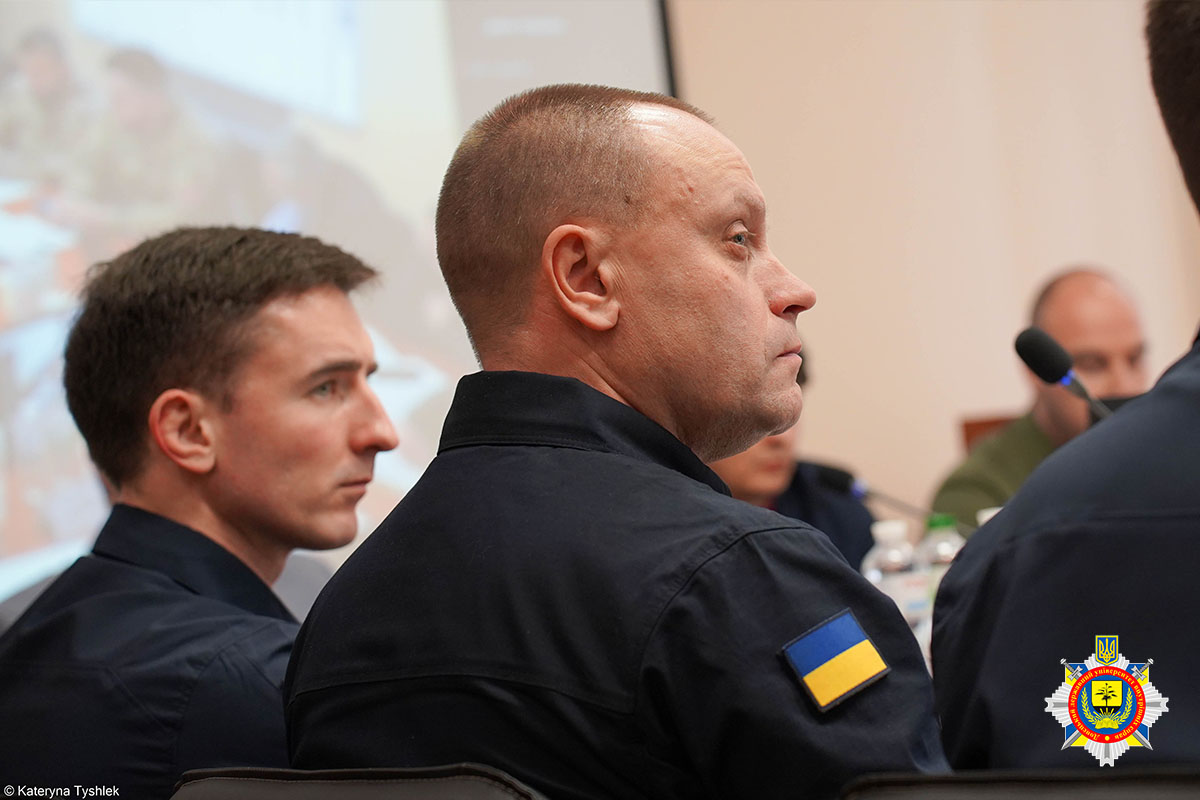
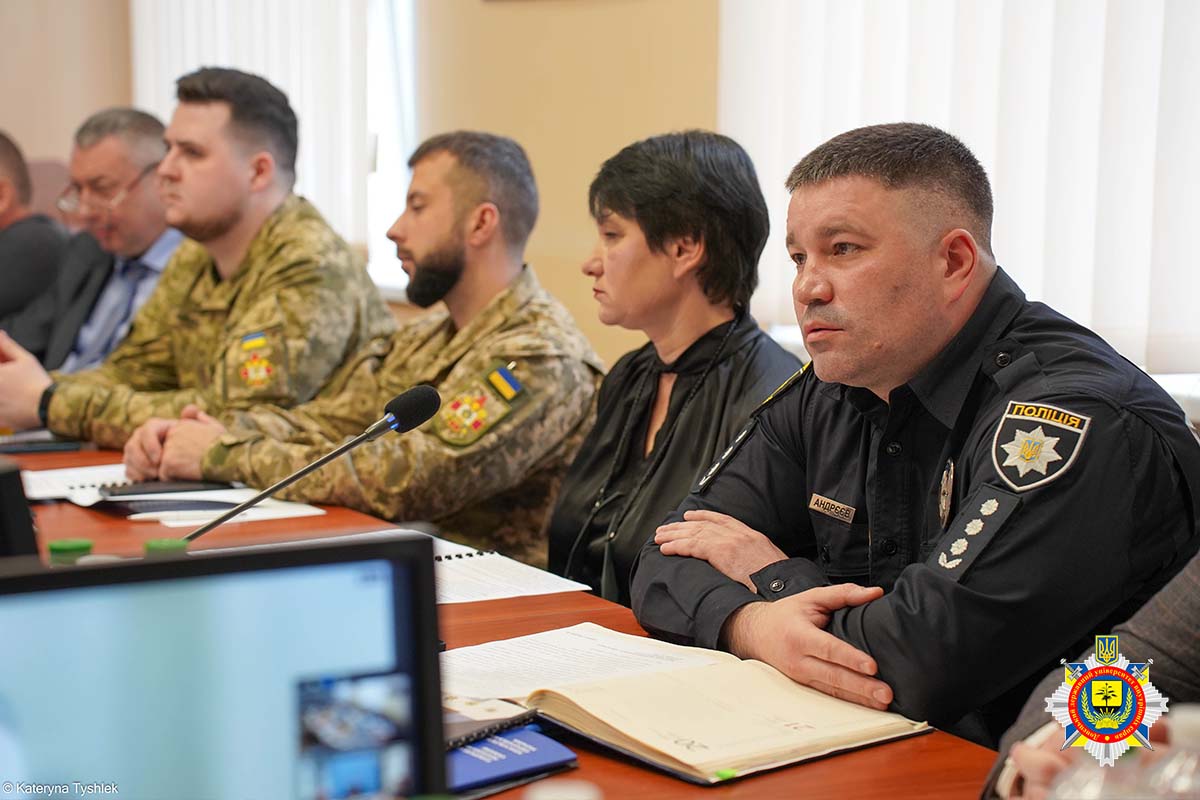 The participants worked in the following areas:
The participants worked in the following areas:
– conceptual principles of training specialists for the security and defense sector in the war conditions;
– implementation of innovative approaches in the educational activity of higher education institutions with specific learning conditions;
– changing the focus of branch scientific research in the war conditions;
– formation of a secure environment concept regarding the challenges of martial law;
– foreign experience of training specialists for the security and defense sector in the conditions of war and armed conflicts;
– an engineering STEM environment in training operators of complex systems.
The scientific-practical and theoretical-methodological developments that were presented at the conference will become the foundation of a new vector of efficient police activity in the war conditions.

